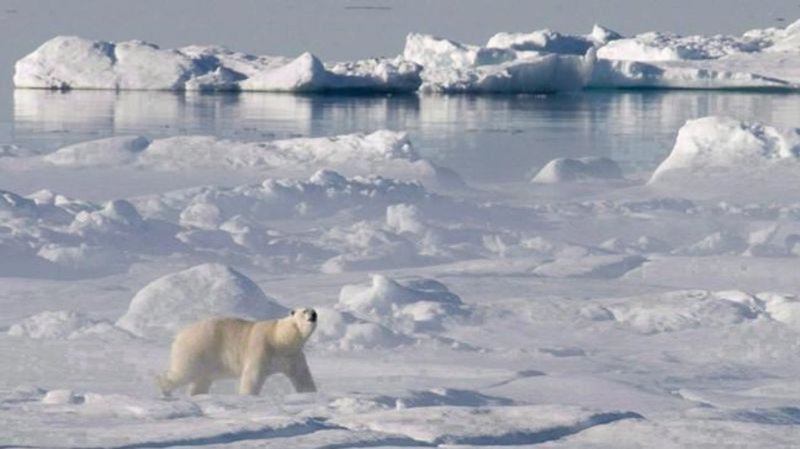
Human activity and climate change cause cascading effects for Arctic ecosystem
It doesn’t end up on dinner plates and it lacks the popular appeal of whales and dolphins, but scientists warn that a small fish that is critical to Arctic marine life could be in trouble from climate change and human activity.
Maxime Geoffroy, a researcher at the Fisheries and Marine Institute of Memorial University of Newfoundland, said the fate of the Arctic cod — also known as the polar cod — has a ripple effect on animals such as beluga and bowhead whales and ringed seals.
“Polar bears for instance, which are one of these charismatic Arctic animals, they feed on seals that rely on Arctic cod. So it’s not a direct impact on polar bears, but it will have a detrimental impact,” Geoffroy said in an interview.
“Tourists are not coming to the Arctic to see the Arctic cod, but they are coming to see the predators that are feeding on polar cod. It will have a cascading impact on the whole Arctic ecosystem as we know it.”
